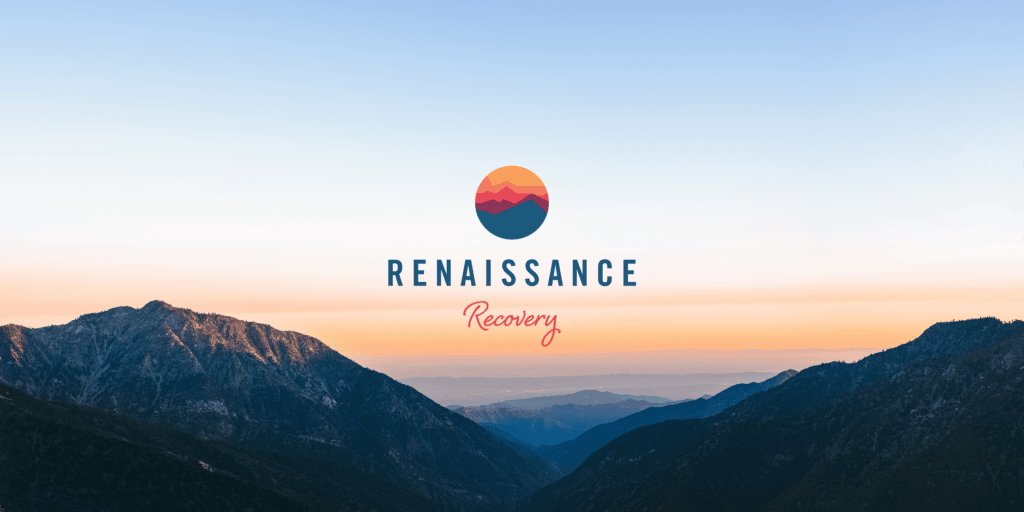Sadly, we all experience loss. Whether it’s the death of a loved one, a break-up or a divorce, we have to face grief and loss. Loss can have a powerful effect on your physical and mental health. Grief causes depression, anxiety, stress, and can even alter your physical chemistry. Grief and addiction oftentimes go hand in hand. If you are already grappling with an addiction, grief has the potential to plunge you further into the cycle of addiction. As you try to cope with the painful emotions attached to grieving, you may try self-medicating with drink or drugs.
Understanding grief and addiction is vital for anyone in recovery. If you are currently in recovery, it’s important to develop coping strategies for when life gets tough.
Need help getting addiction treatment?
No one can ever be fully prepared for the heartache, tears and trauma of losing a loved one. That said, you can learn to manage your emotions so you don’t abuse substances in times of emotional distress.
The Stages of Grief
Psychologists tend to agree that there are five main stages of grief:
- Denial
- Anger
- Bargaining
- Depression
- Acceptance
Typically, a person doesn’t go through these stages chronologically. Rather, people fluctuate between different stages.
These stages of grief can all be tough. Depression can be all-consuming, and can even make you physically unwell if you don’t practice adequate self-care.
An understanding of these stages can help you to process their loss in healthier ways rather than turning to substances.
Grief and Substance Use
Grief is a recurring theme in the lives of many people struggling with an addiction. Research shows that grief plays a large role in alcohol and substance use.
As the opioid crisis rages on in the US, it becomes more urgent for people with addictions to learn how to manage their emotions when they experience loss.
Grief can stimulate addictive behaviors, so getting treatment for unresolved emotions is crucial. Once you become aware of how your grief affects your desire to use drink or drugs, you can develop healthy coping strategies.
Grief and Recovery From Addiction
If you’re in recovery from drink or a substance use disorder, well done for coming this far. But, how will you cope if and when you almost inevitably encounter grief and loss in your life?
Unfortunately, grief and loss are a part of life, particularly if you know many others with opioid use disorder. When we lose someone close to us, we need to channel our grief in a healthier way than self-medicating with substances.
Unresolved grief is often a common underlying trigger for people with addictions to relapse. In most cases it will require ongoing work and therapy from an addiction treatment program.

Treatment For Grief
Many of us don’t seek professional help when we mourn the loss of a loved one. Getting treatment can help to prevent unresolved trauma from ruining your life later on.
Grief counseling is a form of psychotherapy that encourages people to process grief healthily. If a person’s grief is held up by survival or holding a family together, it can remain unresolved. Unresolved grief can manifest later in life and show up in the form of addictions, and mental illness such as anxiety and depression.
Grief counseling works by getting a person to open up about their emotions, thoughts, and feelings about their loss. By expressing one’s thoughts and feelings, a person can progress through the stages of grief and eventually accept their loss. When a person finally accepts their loss they are less prone to depression and can better process difficult emotions that may trigger them to turn to substances.
A treatment plan for grief may incorporate a variety of modalities depending on the nature of your grief. You may receive a combination of counseling, psychotherapy, cognitive behavior therapy, family counseling, and substance use disorder treatment to help you to overcome your grief.
Grief and Alcohol
As alcohol is so readily available, it’s not uncommon for grief and alcohol use disorder to occur simultaneously. Many people turn to alcohol as a means of dealing with grief. Sadly, alcohol affects us in ways that prevents us from managing our emotions in a healthy manner.
In a sense, alcohol can perpetuate grief. When you drink alcohol, you numb the pain so you don’t have to confront your feelings. When you stay sober, you face your negative emotions head-on, better allowing you to process the five stages of grief.
If your grief has led to an alcohol use disorder, it’s essential that you find a treatment program that recognizes the significance of grief.
Treatment at Renaissance Recovery
When we learn that grief is a normal part of life and learn to accept difficult emotions, we can better deal with symptoms that trigger relapse.
The team at Renaissance Recovery acknowledges the role that grief plays in addiction and has the resources to help people overcome trauma from loss.
Reach out to our team today for an assessment of your needs. Call us right now at 866.330.9449.




